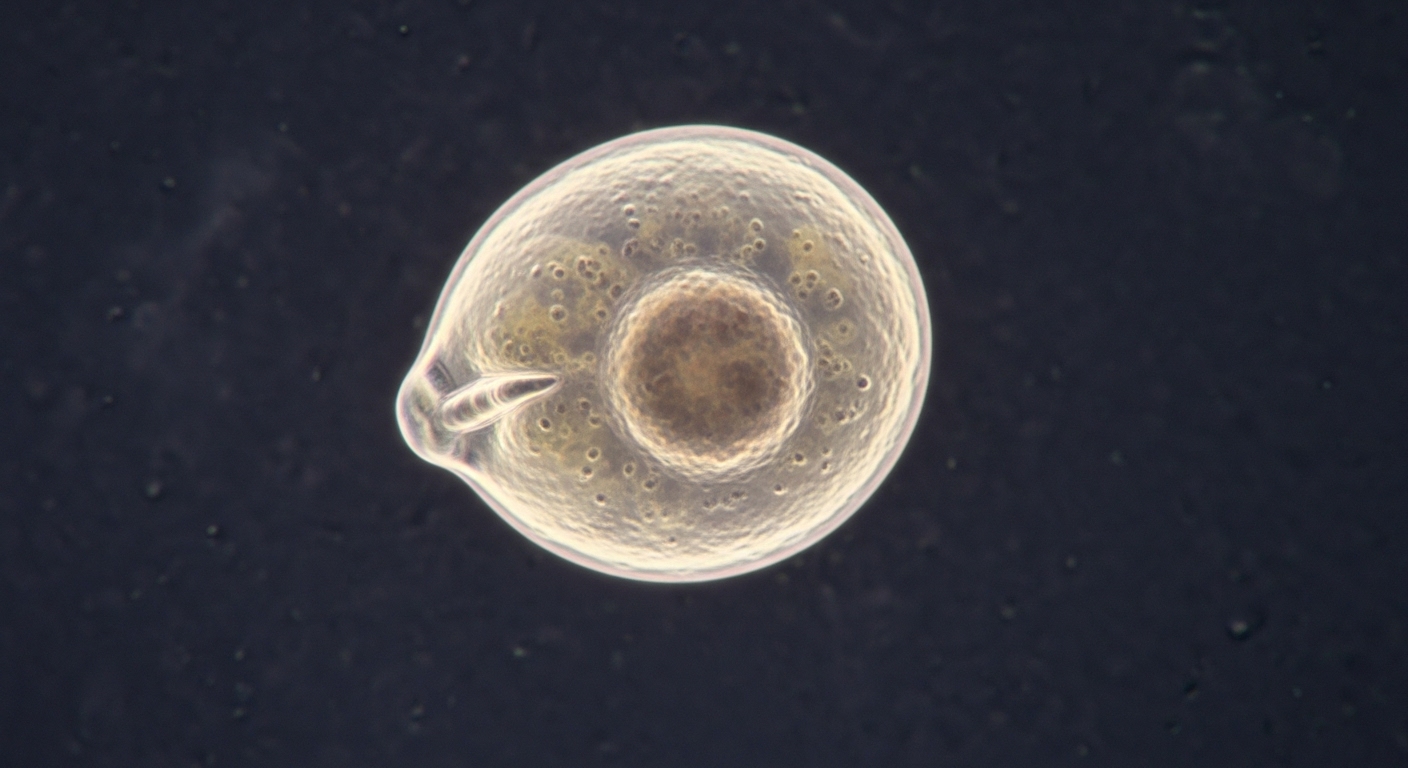Dr. Kumar’s Take
This RCT is one of the cleanest pediatric studies I’ve seen on acute infective diarrhea: children under 2 years, mild to moderate illness, treated as outpatients. S. boulardii added to ORS helped them recover about 1.5 days sooner, reduced stool frequency, and lowered the risk of prolonged diarrhea. For early intervention in young children, this is evidence you want in your toolbox.
Key Takeaways
- 100 children aged 3 to 24 months with mild‐to‐moderate diarrhea of less than 7 days duration.
- S. boulardii given for 6 days alongside oral rehydration solution (ORS).
- Mean diarrhea duration dropped from ~6.16 days (placebo) to ~4.70 days with S. boulardii.
- Stool frequency on the 4th day was significantly lower in treatment arm.
- Risk of diarrhea lasting >7 days reduced by about 75%.
Actionable Tip
For infants and toddlers (<2 years) with newly onset acute infectious diarrhea, start S. boulardii early (preferably within 48 hours), at a standard pediatric dose (250 mg twice daily or equivalent), together with ORS, for about 5‑6 days. You’ll likely see faster recovery and fewer stools by day 4.
Study Summary
These researchers conducted a randomized, double‑blind, placebo‑controlled trial in Argentina among outpatients. Children under 2 years with mild/moderate diarrhea were randomized to receive S. boulardii vs placebo, in addition to standard ORS care, for 6 days. Outcomes included duration of diarrhea, stool frequency, and risk of prolonged diarrhea.
Study Design
- Population: Children aged 3–24 months, ambulatory, mild to moderate acute diarrhea (onset <7 days)
- Intervention: S. boulardii plus ORS for 6 days
- Control: Placebo plus ORS
- Outcomes:
- Duration of diarrhea
- Stool frequency on day 4
- Proportion with diarrhea lasting over 7 days
- Analysis: Follow‑up to allow measuring both immediate outcome (diarrhea course) and short‑term risk of prolonged illness
Results
- Duration: ~4.70 days with S. boulardii vs ~6.16 days with placebo
- Stool frequency (day 4): ~2.5 stools/day in S. boulardii group vs ~3.5 in placebo
- Risk of diarrhea >7 days: 3/44 in treatment vs 12/44 in placebo (approx RR 0.25)
- Adverse events: None serious reported; well tolerated
Biological Rationale
- Early use helps reduce pathogen load and limit damage before it spreads.
- S. boulardii may help by modulating intestinal secretion and inflammatory response, reducing stool volume and improving fluid absorption.
- Also helps restore microbial balance more quickly, reducing duration and severity of symptoms.
Strengths & Limits
Strengths:
- Very clear patient population (young children, mild/moderate disease) which is clinically common.
- Blinded, placebo‑controlled design.
- Multiple outcome measures (duration, stool count, prolonged illness) giving triangulation.
Limitations:
- Single country site (Argentina); generalizability may vary.
- Only mild/moderate cases; severe diarrhea may behave differently.
- Dose fixed; studies comparing different doses/durations less common.
Related Studies and Research
- Saccharomyces boulardii in the prevention of antibiotic‑associated diarrhea: meta‑analysis
- Saccharomyces boulardii in the prevention of antibiotic‑associated diarrhea in children: RCT
- SB + Amoxicillin‑Clavulanate Effects on Gut Microbiota (RCT)
- High‑Dose Vancomycin + SB for Recurrent C. difficile
- 🎙️ Saccharomyces boulardii Explained – Podcast Episode
FAQ
Would this benefit hold in children older than 2 years?
Likely yes, though this study focused under‑2s. Other studies in older children also show benefit, but effect sizes may vary.
What if treatment starts late (after 48 hours)?
Benefit was greater when treatment started earlier; after 48 hours, benefit still exists but is smaller.
Is this safe for home treatment vs hospital?
Yes, this was done in outpatient/ambulatory settings. No serious safety issues reported.
Bottom Line
In young children under 2, S. boulardii as an adjunct to ORS shortens acute diarrhea by about 1.5 days, lowers stool frequency and reduces risk of prolonged illness (>7 days). Early intervention matters.


